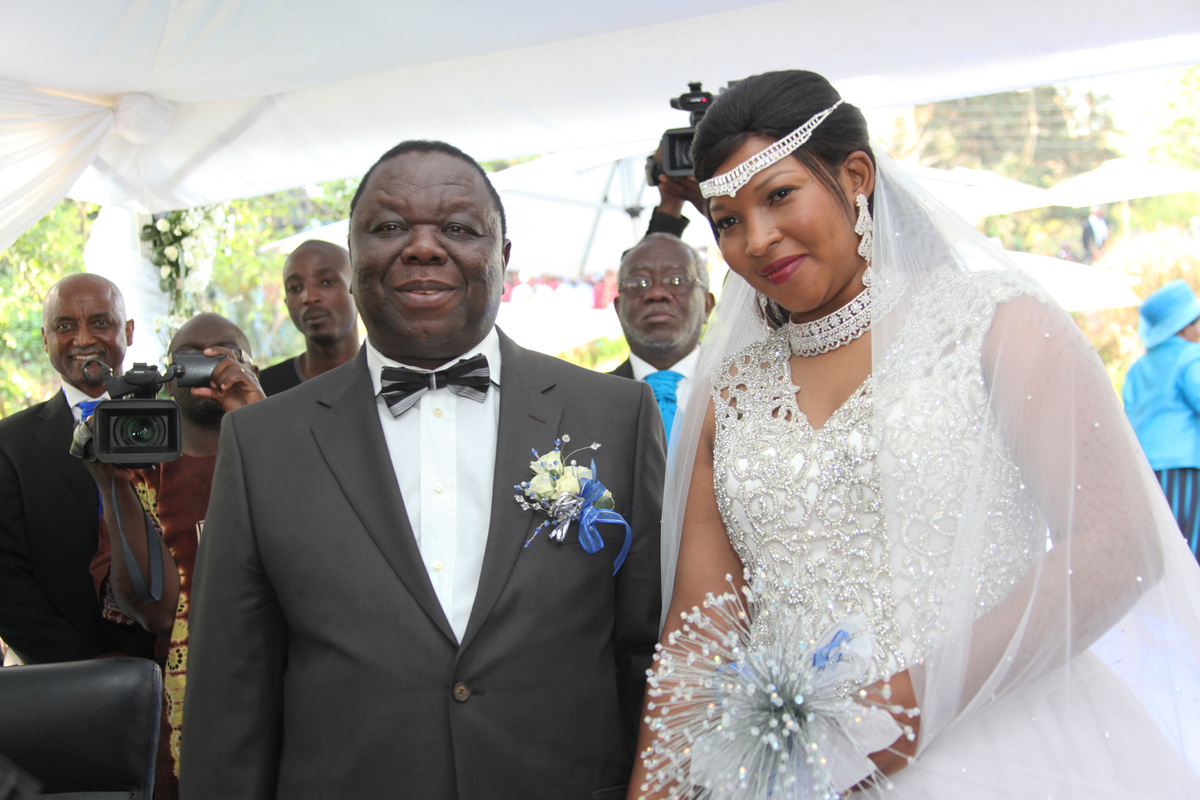
Zimbabwean woman mounts bid to outlaw bride price

A Zimbabwean woman has approached the Constitutional Court challenging the practice of paying lobola, or bride price saying it reduces women to mere “assets” that are open for abuse, local online website, the Herald reports.
Ms Priccilar Vengesai wants the practice to be abolished or alternatively, the parents of both the bride and the groom to be thanked for raising their children well through lobola in the spirit of gender equality.
Ms Vengesai, who is a lawyer holds that women’s rights to dignity, equality and non-discrimination were at stake and that the court should be quick to declare the customary practice unconstitutional, the report said.
Ms Vengesai seeks the court’s green light to file a direct constitutional application for the abolition of lobola in the country.
She outlined the basis for her lobola challenge in the court papers. Ms Vengesai said the Shona culture attached value to lobola and no marriage can be solemnised unless the man pays the bride price.
“I belong to the Shona tribe and I intend to enter into marriage as soon as this matter is concluded. Under the Shona culture, lobola must be paid for a woman before the marriage is acceptable in the family and the society. In scenarios where lobola is not paid, parents and relatives of the bride would not allow the parties to legalise their marriage under the Marriage Act,” she said.
Ms Vengesai said her experiences in previous marriages reduced her to an object,
“I did not participate in the pegging of the lobola price. I was never given a chance to ask for the justification of the amounts which were paid. This whole scenario reduced me to a property whereby a price tag was put on me by my uncles and my husband paid. This demoralised me and automatically subjected me to my husband’s control since I would always feel that I was purchased,” she said.
Ms Vengesai said she was deprived of an opportunity to pay lobola to the husband’s parents on the grounds of gender equality. She said lobola was now outdated and it no longer serves any purpose in modern society.
“The society for which lobola was envisaged no longer exists and the continued use of the practice in modern industrialised society exacerbates gender inequities without providing the social benefits traditionally associated with lobola. The pre-colonial community in which lobola originated cannot be reproduced in the current Zimbabwe,” said Ms Vengesai.
Greedy parents were now abusing the practice for unjustified enrichment, argued Ms Vengesai.
“The original purpose and meaning of lobola has been fundamentally altered by the introduction of a cash economy in Zimbabwe, by urbanisation and by the breakthrough of agrarian communal ties. As a result, the original purposes of lobola have, in many cases, been subsumed by moths of greed and enrichment on the part of the brides’ families. In a nutshell, a woman is paid for simply because she is a woman and a husband pays for a wife because he is a man. This amounts to discrimination based on gender and sex,” she said.
The Chief Justice is expected to first rule on whether or not the challenge should directly find its way to the apex court and be determined by the nine-member bench, the report said.






